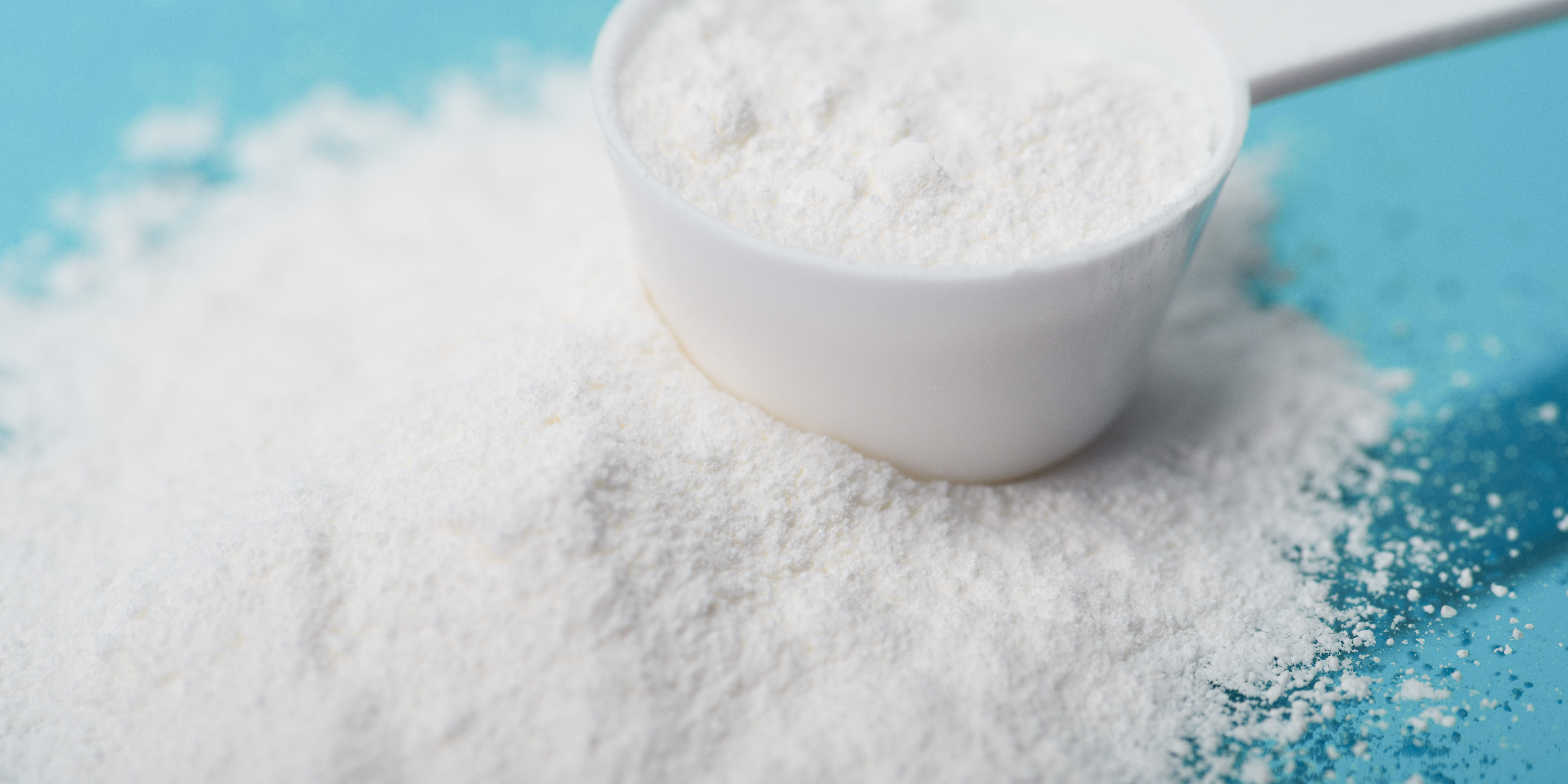

Unlocking the Power of Creatine: Boosting Energy, Muscle Growth, and Cognitive Function
What is creatine?
Creatine is a naturally occurring compound found in the body, primarily in muscles, where it helps produce energy by replenishing ATP (adenosine triphosphate), the main energy source for cellular activities. Composed of three amino acids—arginine, glycine, and methionine—creatine can also be obtained through dietary sources like red meat and fish, though it’s commonly supplemented to enhance physical performance. It is particularly effective in high-intensity, short-duration exercises, where it boosts strength, power, and muscle mass by providing quick energy during intense activities. Recent studies suggest that creatine offers broader benefits, including improvements in energy levels, cognitive function, and mood.
Creatine and Energy Production
ATP is the energy currency of the cell, and it’s essential for almost every activity your body performs, from basic cellular maintenance to high-intensity exercise. When you engage in short bursts of activity, like lifting weights or sprinting, your body rapidly depletes ATP stores. Creatine steps in to donate a phosphate group to ADP, regenerating ATP and allowing you to sustain high energy levels during intense activities.
This increase in ATP availability means more energy for your muscles during workouts, leading to better performance, increased strength, and the ability to push through more reps or sets. Over time, this contributes to greater muscle mass and strength gains, making creatine a cornerstone supplement for athletes and bodybuilders.
Building Muscle Mass
Creatine’s role in muscle mass development is well-documented. It aids in water retention within muscle cells, which not only makes your muscles look fuller but also creates an environment conducive to muscle growth. This cell volumization stimulates protein synthesis, enhancing the growth of muscle fibers. Additionally, by improving your exercise performance through higher energy availability, creatine allows for more intense and effective workouts, which are crucial for muscle hypertrophy.
Regular creatine supplementation has been shown to increase lean body mass, particularly when combined with resistance training. This muscle growth is not just aesthetic; it also enhances strength and endurance, contributing to overall athletic performance.
Recent studies have also shown creatine to be helpful for older adults to maintain muscle. There is evidence that creatine monohydrate supplementation, primarily when combined with resistance training, has favorable effects on indices of aging muscle and bone. So it’s not just for the young athletes!
Creatine’s Impact on Memory and Cognitive Function
Beyond its physical benefits, creatine has shown promise in improving cognitive functions, including memory. The brain, much like muscles, requires significant energy to function optimally. Creatine supplementation increases the availability of ATP in the brain, supporting energy-demanding cognitive tasks.
Research has demonstrated that creatine can improve short-term memory and intelligence in healthy individuals. It is particularly effective in situations where cognitive performance might be compromised, such as during sleep deprivation or in stressful environments. By boosting brain energy levels, creatine helps maintain cognitive function and clarity, making it a potential supplement for students, professionals, and anyone looking to improve mental performance.
Enhancing Mood

Interestingly, creatine may also play a role in mood regulation. Several studies suggest that creatine supplementation can reduce symptoms of depression, particularly in women and individuals with conditions affecting brain metabolism, such as bipolar disorder. The exact mechanism is not entirely understood, but it’s believed that the increased ATP production and enhanced brain energy availability contribute to better mood stability and mental resilience.
Moreover, the link between physical activity, muscle mass, and mood is well-established. Regular exercise, bolstered by creatine, may reduce low mood by promoting the release of endorphins, the body’s natural “feel-good” chemicals. Thus, by supporting both physical and mental health, creatine acts as a holistic supplement that enhances overall well-being.
Creatine Supplementation
Creatine monohydrate is the most researched and widely used form, known for its effectiveness and safety. Ensure you stay well-hydrated, as creatine can draw water into muscle cells. Take a daily dose of 3-5 grams to maintain elevated creatine levels in your muscles. Taking creatine with a meal, particularly one that contains carbohydrates and protein, may enhance its absorption.
Creatine is far more than just a muscle-building supplement. Its ability to enhance energy production translates into benefits that extend to muscle mass, cognitive function, and mood. Whether you’re an athlete looking to boost performance, a student aiming to sharpen your memory, or someone seeking to improve your mood, creatine might just be the supplement that ties all these benefits together. As always we recommend speaking to one of our naturopathic doctors to discuss your specific needs before starting a new supplement regime.
References:
Creatine for the Treatment of Depression
Creatine supplementation for older adults: Focus on sarcopenia, osteoporosis, frailty and Cachexia



